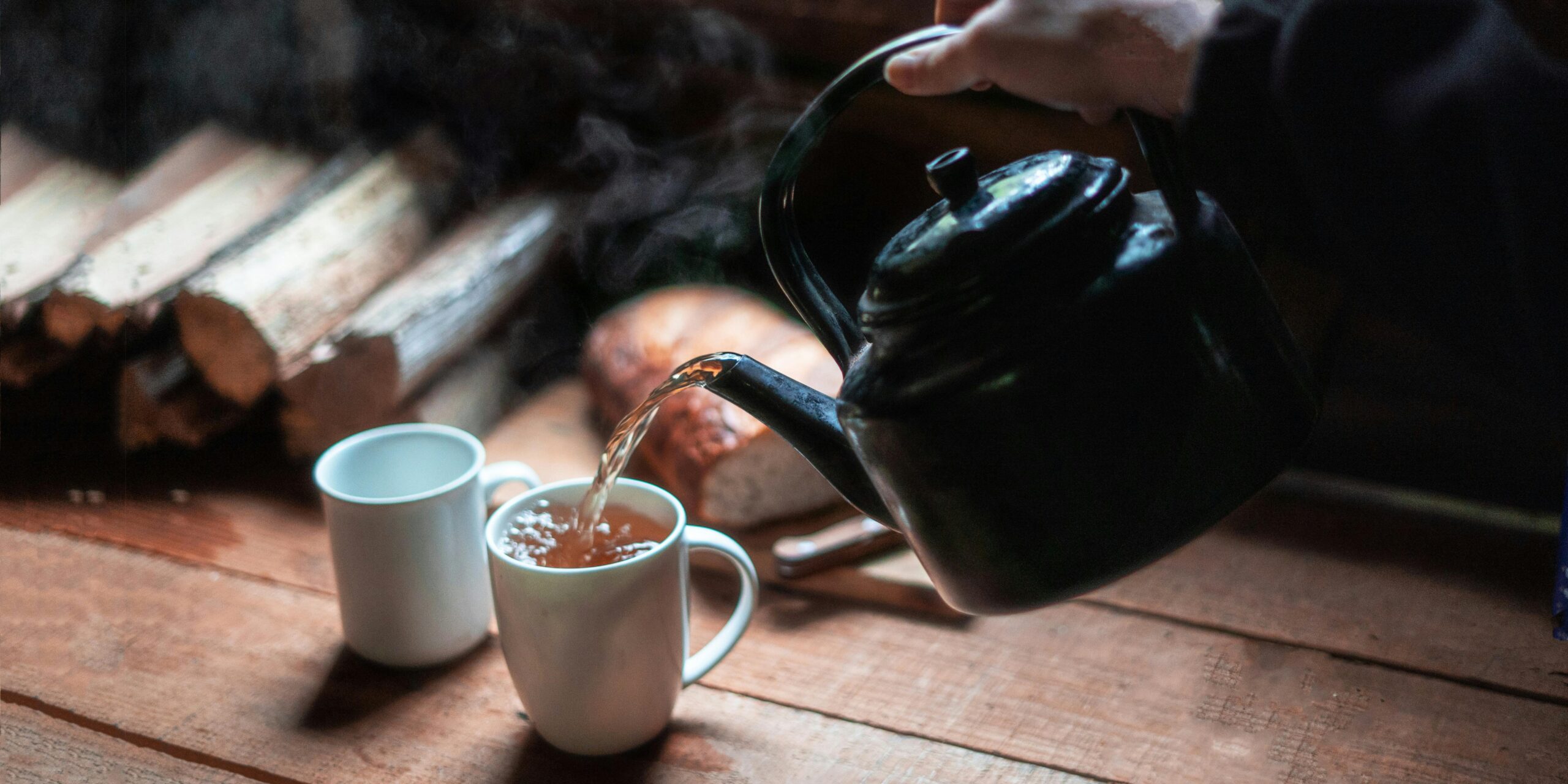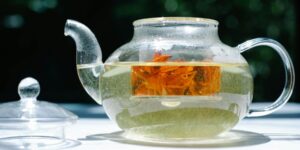Tea, as one of the oldest beverages of mankind, is deeply loved by people for its unique flavor and variety. There are many types of tea, including green tea, black tea, oolong tea, white tea and scented tea. Different types of tea are rich in nutrients and have a variety of health benefits. This article will explore the benefits of drinking tea, including its positive effects on physical health, mental state, and its importance on social and cultural levels.
1. Nutritional components of tea
Tea is rich in a variety of beneficial ingredients, such as tea polyphenols, amino acids, vitamins, minerals and caffeine. In particular, tea polyphenols have strong antioxidant capacity, which can remove free radicals in the body and slow down the aging process. In addition, the amino acids contained in tea can promote brain relaxation, improve attention and concentration, while caffeine can refresh the mind and improve work and study efficiency.
1. Antioxidant effect
The antioxidant components in tea, especially catechins and flavonoids, play an important role in resisting oxidative damage and preventing chronic diseases. Studies have shown that antioxidants can reduce the risk of cardiovascular disease, diabetes and certain cancers to a certain extent. Therefore, drinking tea in moderation can help protect health.
2. Promote digestion
Drinking tea can help promote digestion, especially drinking tea after meals. Tea polyphenols in green tea and oolong tea can help break down fat and reduce greasiness, which is particularly beneficial for digestion. In addition, some herbal teas (such as mint tea and ginger tea) are widely used to relieve gastrointestinal discomfort and promote appetite, which helps healthy eating.
2. Benefits to cardiovascular health
A large number of studies have shown that there is a close relationship between drinking tea and cardiovascular health. The incidence of cardiovascular disease is relatively low among people who habitually drink tea. This may be related to the rich antioxidant components in tea and its regulation of cholesterol levels.
1. Lower cholesterol
The polyphenols in tea can help lower low-density lipoprotein cholesterol (LDL) in the blood, known as “bad cholesterol”, thereby reducing the risk of heart attack and stroke. In addition, drinking tea is also believed to help improve blood circulation and slow down the process of arteriosclerosis.
2. Lower blood pressure
Studies have also shown that drinking green tea and oolong tea can help lower high blood pressure. With daily tea drinking, most people can effectively maintain normal blood pressure levels.
3. Enhance immunity
Regular tea drinking can enhance the function of the immune system and reduce the possibility of illness. The various active ingredients in tea are believed to regulate and enhance the body’s immune response and help resist common diseases such as colds and flu.
1. Antibacterial and antiviral
Tea polyphenols in tea have antibacterial and antiviral properties, which can inhibit the growth of certain pathogens and reduce the risk of infection. For example, studies have shown that drinking green tea can reduce the activity of certain oral bacteria, thereby preventing oral diseases.
2. Improve mental health
In addition to physical health, tea drinking also has significant benefits for mental health. The amino acids contained in tea (such as L-theanine) can promote relaxation, reduce stress and anxiety, and improve concentration and memory. Many people choose a cup of tea in their busy work and study, which can not only enjoy the aroma of tea, but also gain peace of mind.
4. Promote social and cultural
The habit of drinking tea is not only a lifestyle, but also a social activity. In many cultures, drinking tea is a courtesy for entertaining guests, and people use tea as a medium to promote communication between relatives and friends. Whether it is the Chinese tea ceremony, the Japanese matcha culture, or the British afternoon tea, drinking tea has become an important part of social interaction.
1. Enhance interpersonal relationships
Tea gatherings and tea ceremonies can not only enhance interpersonal relationships, but also promote in-depth exchanges. Tea can bring people closer together. This is particularly important in traditional culture, reflecting the care and respect between people.
2. Cultural inheritance
The tea culture of different countries and regions carries a rich historical and cultural connotation. By drinking tea, people can not only taste the taste of tea, but also understand and inherit the tea culture. In family gatherings and festivals, drinking tea is a link between tradition and modernity, individuals and society.
V. Precautions for drinking tea in moderation
Although drinking tea has many benefits, it is also necessary to pay attention to drinking in moderation. Excessive intake of caffeine may cause insomnia, anxiety and other problems. Therefore, it is recommended that adults drink less than 3-5 cups of tea a day to protect their health. In addition, some pregnant women and people with specific health conditions should consult a doctor to choose a drink that suits them.
1. Avoid drinking tea on an empty stomach
Drinking tea on an empty stomach can easily cause stomach discomfort or digestive problems, so it is best to drink it 1 hour after a meal.
2. Choose high-quality tea
There are many types of tea on the market, and the quality varies. Choosing high-quality tea not only tastes better, but also has richer nutrients.
Conclusion
In summary, drinking tea not only satisfies the taste enjoyment, but also contributes many benefits to our physical and mental health. From antioxidant effects, promoting digestion to enhancing immunity and improving mental state, drinking tea is undoubtedly a healthy and pleasant lifestyle. In addition, the profound heritage of tea culture also enables us to experience the inheritance of history and interpersonal integration in drinking tea. In daily life, insist on drinking tea in moderation to let tea radiate more health and joy. Like an elegant piece of music, tea nourishes our lives.










Leave a reply